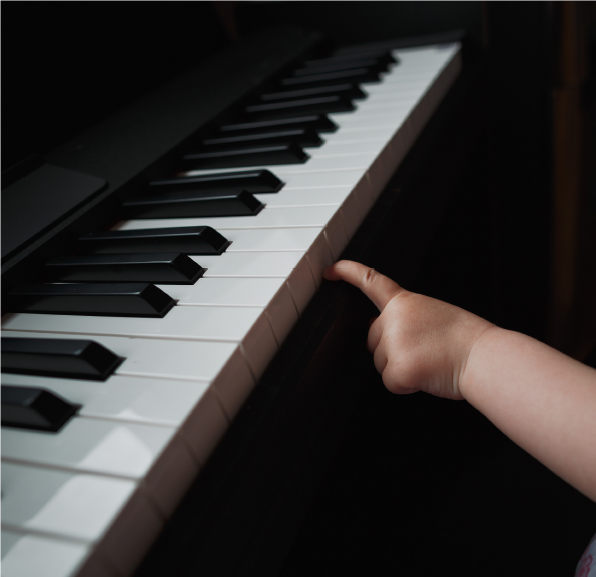Cultural formation and music education in early childhood (0-6 years)
Main Article Content
Abstract
This article argues that it is possible to promote high-quality music education in 0-to-6-years educational systems, in keeping with the expectations set by the European Union. This can be achieved by placing music education within the framework of a historically and culturally-oriented aesthetic formation, and within program frameworks capable of supporting educational planning in this area.
On the basis of this, the article proposes an idea of curricular art music education in early childhood that is intentionally targeted at specific formative areas, namely areas of educational planning that can have a bearing on dimensions of development of children between 0 and 6 years. These reflections also focus on a set of methodological premises that provide the conditions for an active and cooperative learning: the type of approach and the attitude of educators and teachers; the educational perspective; the characteristics of the environment for art music education; its setting; the teaching materials, in particular suggesting some indicators to select good art music audiobooks. Finally, for high quality early childhood education, this contribution proposes a series of guidelines on constructive strategies for the child’s thinking and action, which seamlessly connect the two axes of musical experience – receptive and productive, epistemic and poietic – by integrating listening activities and music production activities.


